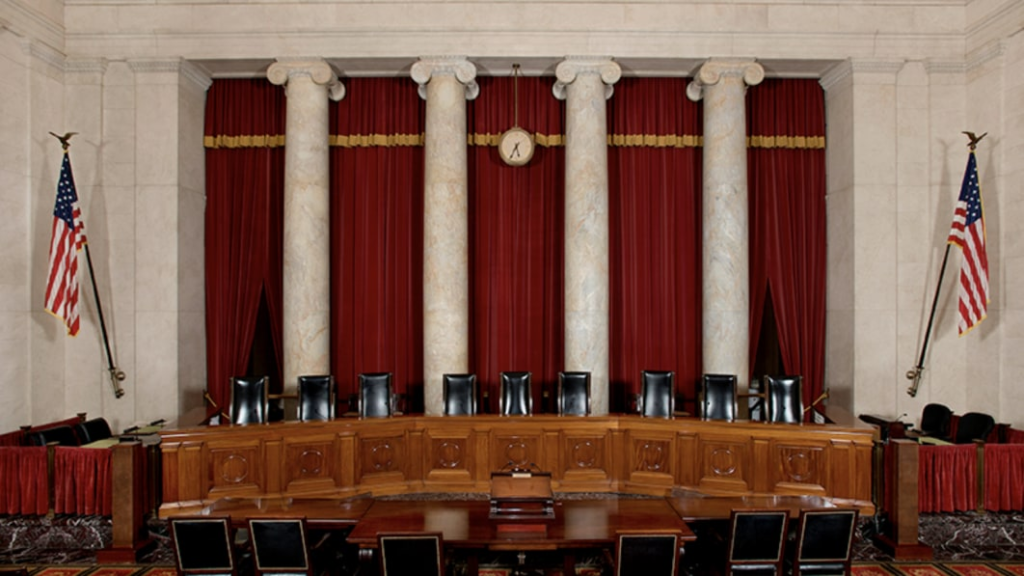Supreme Court says no speedy hearing required over seized cars

The United States Supreme Court has ruled that property seized by police — based on a suit involving the return of two confiscated automobiles — need not be returned promptly, but only after a “timely” court hearing.
In this case, the vehicles, a 2015 Nissan Altima and a 2012 Chevrolet Sonic, were taken by police in Alabama in connection with criminal activity, even though the owners of the cars were not charged with a crime, and they subsequently field a suit.
The plaintiffs argued that their vehicles were impounded for more than a year. The two women argued that they were denied a swift preliminary hearing, provided for by the 14th Amendment of the Constitution, to have their property returned.
In the 6-3 ruling issued Thursday and powered by its conservative majority, the justices affirmed a lower court’s dismissal of the lawsuits. Conservative Justice Brett Kavanaugh, writing for the majority, said preliminary hearings, also known as retention hearings, are not legally required.
“In civil forfeiture cases involving personal property such as cars,” Kavanaugh wrote, “the (Constitution’s) Due Process Clause requires a timely forfeiture hearing but does not require a preliminary hearing.”
The “timely” hearing that is required to consider if the police acted properly in taking the cars could take weeks or months. In the interim, the innocent owners may be left without them.
Initially, when the cars were stopped, the drivers were arrested on drug charges, according to a report in the Los Angeles Times. Halima Culley had lent her car to her college-age son. Lena Sutton lent her car to a friend. Culley waited a year before filing a complaint that she was an innocent owner, and a month later, a state judge ordered her car to be returned to her. Sutton also had her car returned after she asserted she was the innocent owner.
The women who sued said the Constitution “requires a prompt, post-seizure opportunity for innocent car owners to argue to a judge why they should retain their cars pending that final forfeiture determination. Today, the Court holds that the Due Process Clause never requires that minimal safeguard.”
Kavanaugh added that the justices were wary of requiring a second, preliminary hearing in all forfeiture cases. “When police seize and then seek civil forfeiture of a car that was used to commit a drug offense, the Constitution requires a timely forfeiture hearing,” he wrote. “The question here is whether the Constitution also requires a separate preliminary hearing to determine whether the police may retain the car pending the forfeiture hearing. This Court’s precedents establish that the answer is no.”
Justice Neil M. Gorsuch agreed with the majority ruling but said the court needed to devise better rules in this area.
“In future cases,’ he wrote, “with the benefit of full briefing, I hope we might begin the task of assessing how well the profound changes in civil forfeiture practices we have witnessed in recent decades comport with the Constitution’s enduring guarantee that ‘no person shall … be deprived of life, liberty, or property, without due process of law.’”







